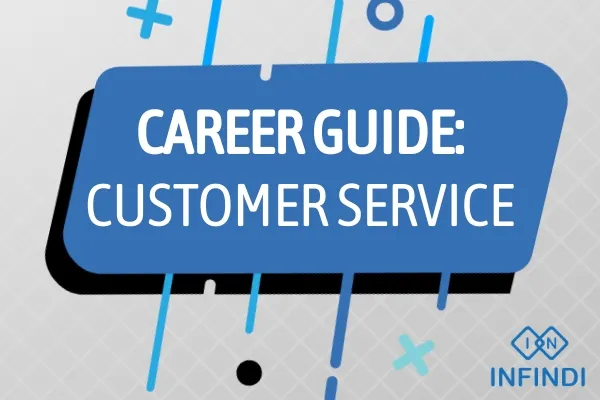In the ever-evolving landscape of the job market, customer service jobs continue to play a pivotal role in various industries. Whether you’re a seasoned professional or someone exploring entry-level opportunities, understanding the nuances of customer service roles is essential. This article aims to provide a comprehensive guide to customer service jobs, covering duties, salary expectations, job descriptions, skills, qualifications, education and training requirements, experience prerequisites, frequently asked questions, and daily tasks.
1. Duties and Responsibilities
Customer service professionals are the frontline ambassadors of a company, responsible for ensuring positive interactions between the organization and its clients. Duties often include:
Handling Inquiries: Responding to customer inquiries via phone, email, or chat with professionalism and efficiency.
Issue Resolution: Addressing and resolving customer concerns or complaints to ensure satisfaction.
Product Knowledge: Demonstrating a deep understanding of the company’s products or services to assist customers effectively.
Communication: Maintaining clear and concise communication to convey information and provide assistance.
Record Keeping: Keeping detailed records of customer interactions and transactions for future reference.
2. Salary Expectations
The salary for customer service jobs can vary based on factors such as experience, industry, and location. On average, entry-level positions may start at around $30,000 annually, while experienced professionals in managerial roles can earn over $60,000. Industries like finance and technology tend to offer higher salaries for customer service roles.
3. Possible Job Descriptions
Customer service jobs encompass a wide range of positions, including:
Customer Service Representative: Interacting directly with customers to address inquiries and provide support.
Call Center Agent: Handling incoming calls, assisting customers, and directing calls to the appropriate department.
Customer Success Manager: Focusing on building long-term relationships with clients, ensuring their success and satisfaction.
Technical Support Specialist: Assisting customers with technical issues related to products or services.
Client Relations Coordinator: Managing relationships with key clients and addressing their specific needs.
4. Skills and Qualifications
Successful customer service professionals possess a combination of soft and technical skills. Key skills include:
Communication: Excellent verbal and written communication skills.
Empathy: The ability to understand and empathize with customers’ concerns.
Problem-Solving: Critical thinking and creative problem-solving skills.
Patience: Remaining calm and composed, especially in challenging situations.
Product Knowledge: A deep understanding of the company’s offerings.
5. Education and Training Requirements
While a high school diploma is often the minimum requirement, some positions may prefer candidates with an associate or bachelor’s degree. Training is typically provided on the job, covering product knowledge, communication techniques, and company policies.
6. Experience Requirements
Entry-level positions may require little to no prior experience, making them accessible to those entering the workforce. However, advancement to higher-level roles often requires a proven track record of success in customer service.
7. Frequently Asked Questions
Q: Are customer service jobs only in call centers?
A: No, customer service roles span various industries, including retail, healthcare, technology, and finance.
Q: What career growth opportunities exist in customer service?
A: Customer service professionals can advance to supervisory, managerial, or specialized roles such as customer success or client relations.
Q: Is remote work common in customer service jobs?
A: Yes, many companies offer remote or hybrid work options for customer service roles, especially with the rise of digital communication channels.
8. Daily Tasks and To-Do Lists
The daily tasks of a customer service professional can vary, but a typical to-do list may include:
- Responding to customer inquiries promptly.
- Updating customer records and information.
- Collaborating with other departments to resolve complex issues.
- Participating in training sessions to stay updated on product or service changes.
- Providing feedback to improve processes and enhance customer satisfaction.
In conclusion, customer service jobs are dynamic roles that require a diverse set of skills and a customer-centric mindset. From addressing inquiries to resolving issues, professionals in this field play a crucial role in shaping the customer experience. Whether you’re a job seeker or someone looking to advance in your career, understanding the intricacies of customer service positions will empower you to thrive in this ever-growing field. Explore opportunities, develop relevant skills, and embark on a rewarding career in customer service.

